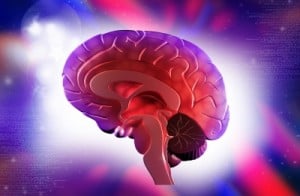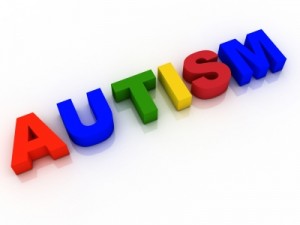Obsessive Compulsive Disorder, or OCD, is characterized by obsessive, repetitive behaviors and compulsions, and the inability for the person to control these impulses. Ritualistic behaviors develop over time as a result, and often end up heavily controlling the lives of those suffering. Plagued with troubling thoughts, a person with OCD will take action in an attempt to temporarily ease their mind. Ritualistic behaviors develop over time as a result, and often end up heavily controlling the lives of those suffering.
The study of neurofeedback is a relatively new field in the science world, dating back to 1963 when Dr. Barry Sterman began his research regarding how the use neurofeedback could help prevent seizures in epilepsy patients. Read our blog post about the beginnings of neurofeedback and Dr. Sterman by clicking here to learn more about his discoveries. Another major contributor to the field is Dr. Joel Lubar, a licensed psychologist with a Ph.D from the Division of the Biological Sciences and Department of Biopsychology at the University of Chicago who made large discoveries pertaining to ADD and ADHD.
Learning a foreign language is arguably one of the best ways to exercise the brain, as the process of learning a new language requires an immense amount of brain activation in various areas of the brain. When the brain hears a word, the brain immediately begins to analyze the sounds to make sense of what is being said. This process of understanding and formulating responses engages different parts of the brain at once. Various executive functions are utilized and developed in the process, including attention, memory, reasoning, organization, and planning. In fact, these parts of the brain are notably larger in bilingual people than in monolinguals, making them able to manage complex situations and switch back and forth between tasks with more ease.
Autism Spectrum Disorder (ASD) categorizes a group of neurodevelopmental disorders that affect about 1 in 68 children, 1 in 42 boys, making it the most rapidly growing developmental disorder in the US today. One of the most notable characteristics of someone affected by autism is difficulty communicating or socializing with others, even in early infancy. Repetitive and limiting behavior is another common, recognizable quality that may point to ASD, although symptoms vary greatly.
In the United States, anxiety disorders affect 40 million adults above the age of 18, making it the most common mental illness. Although less common with children, 6% suffer from anxiety disorders that have serious enough symptoms to require treatment. Evidence continues to support the interconnectedness of the mind and body. Therefore, as mentally debilitating as anxiety can be, it can take a serious physical toll on the body as well.









